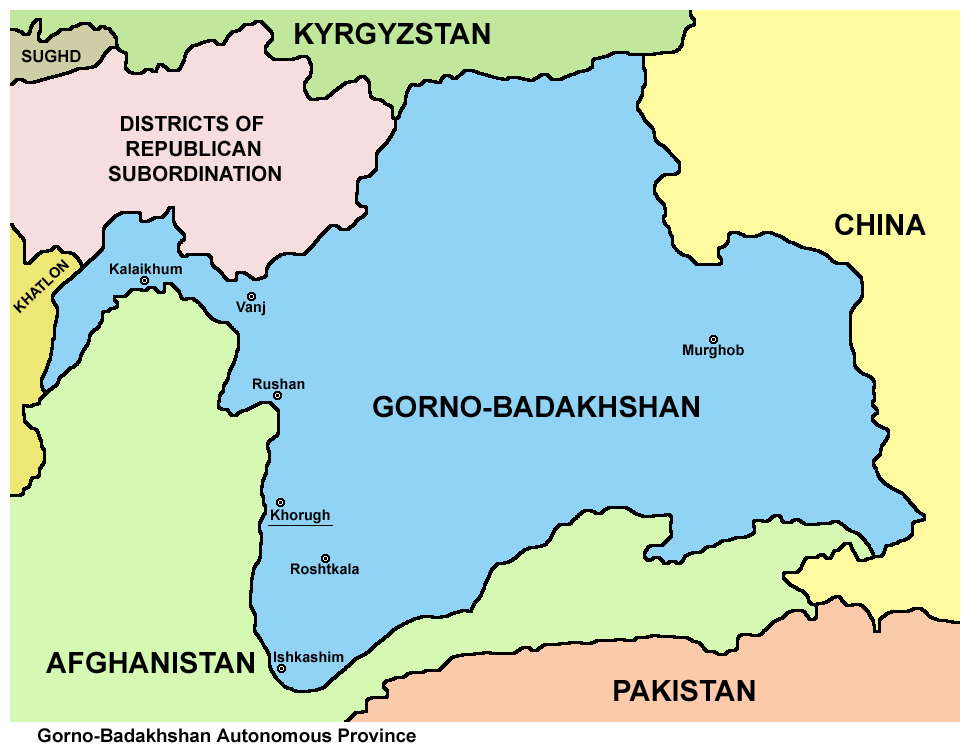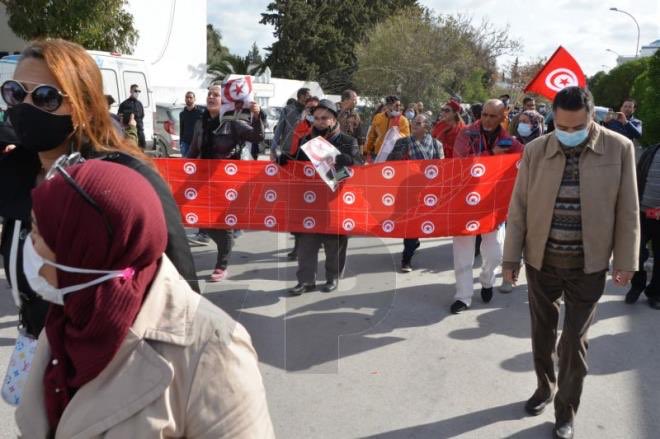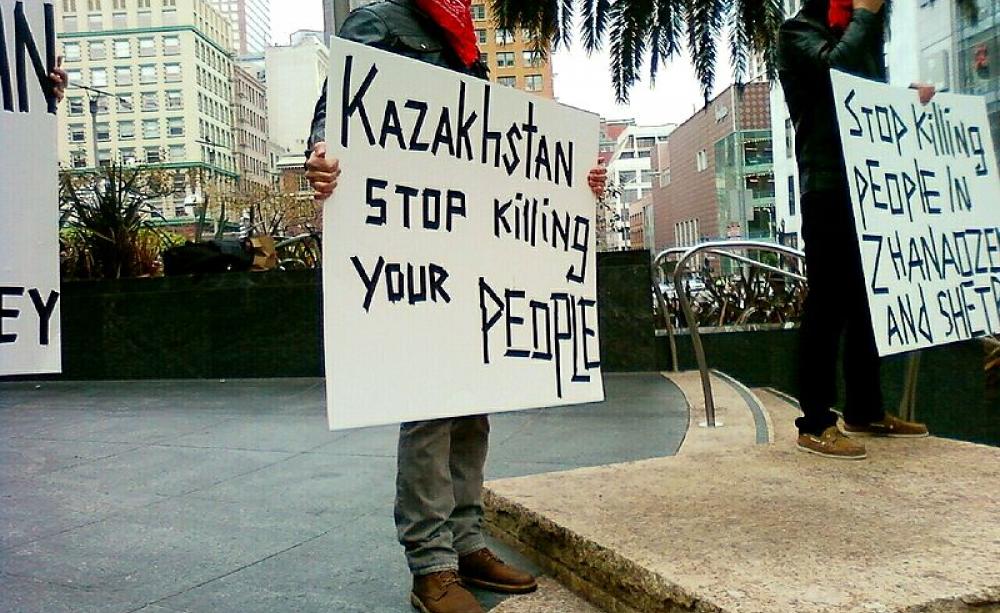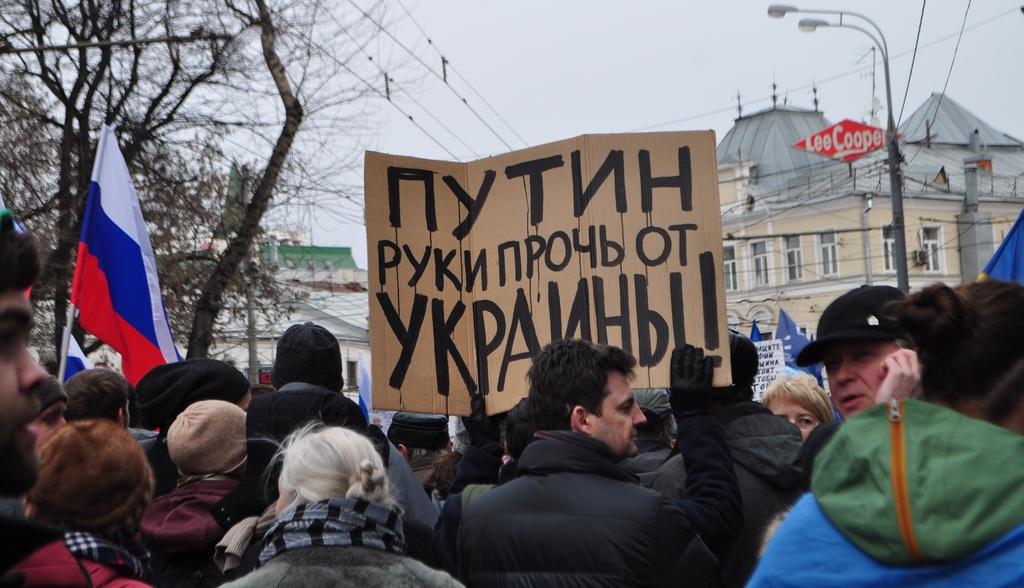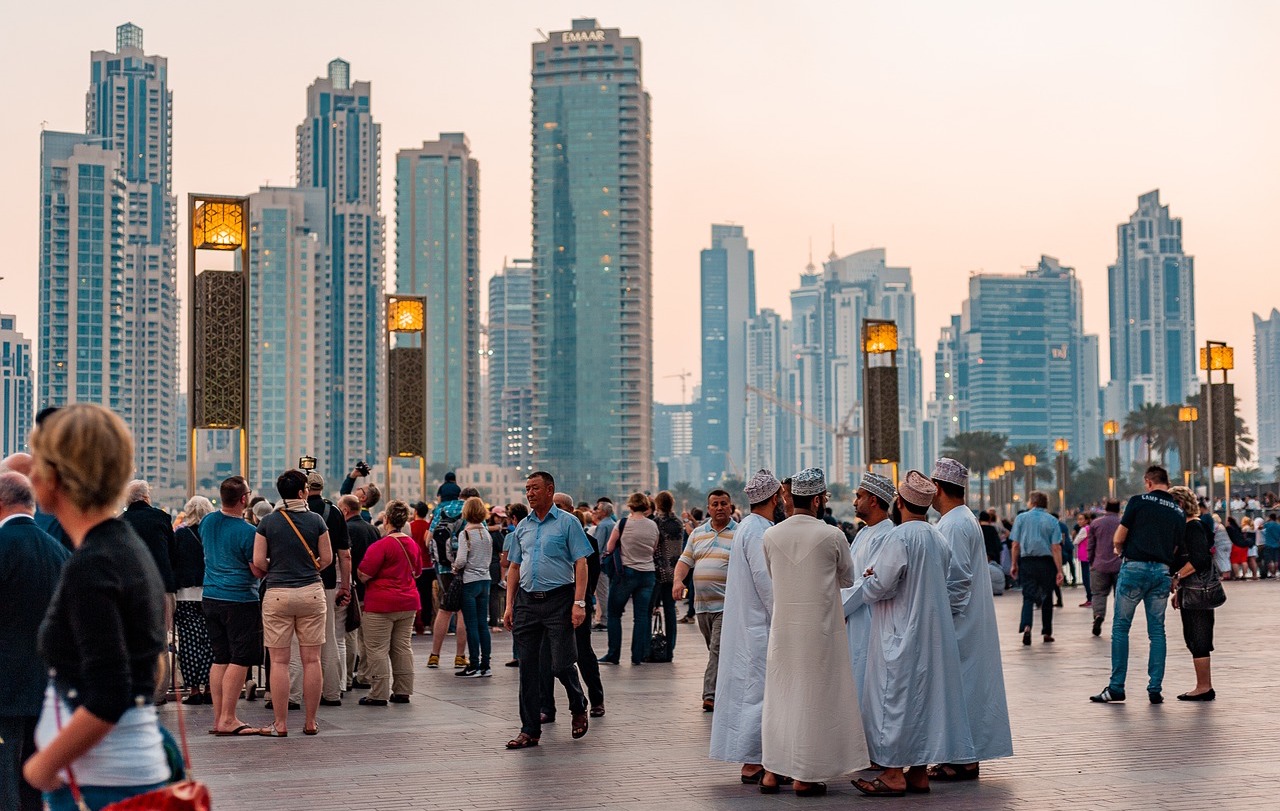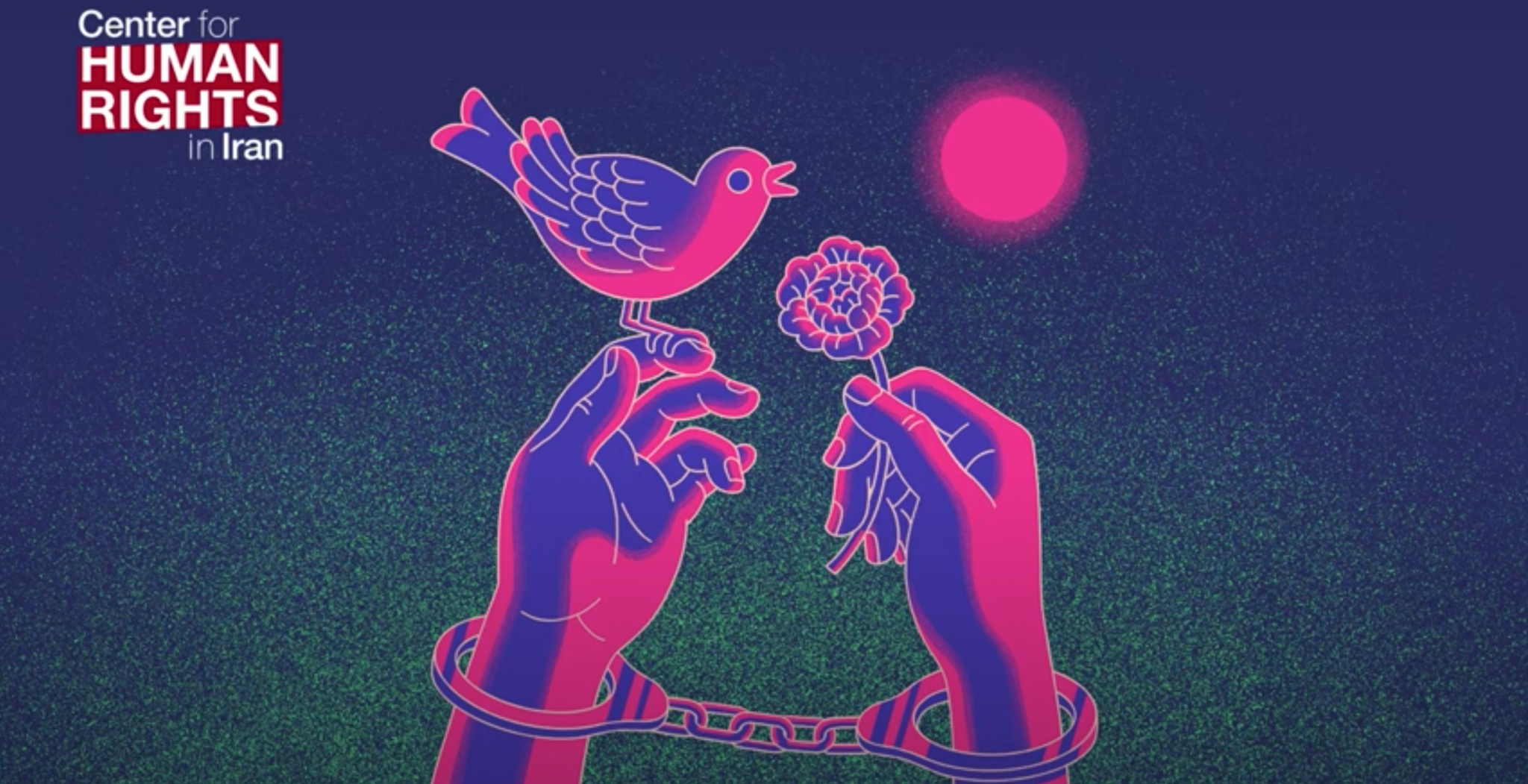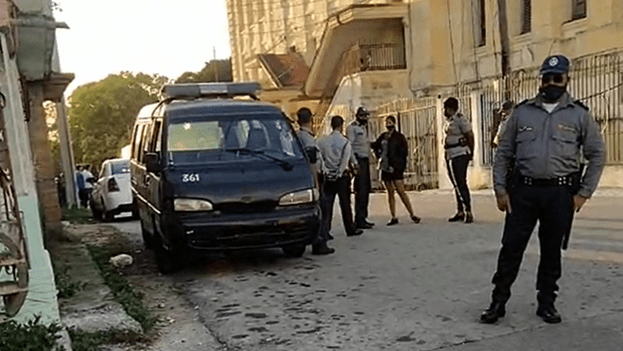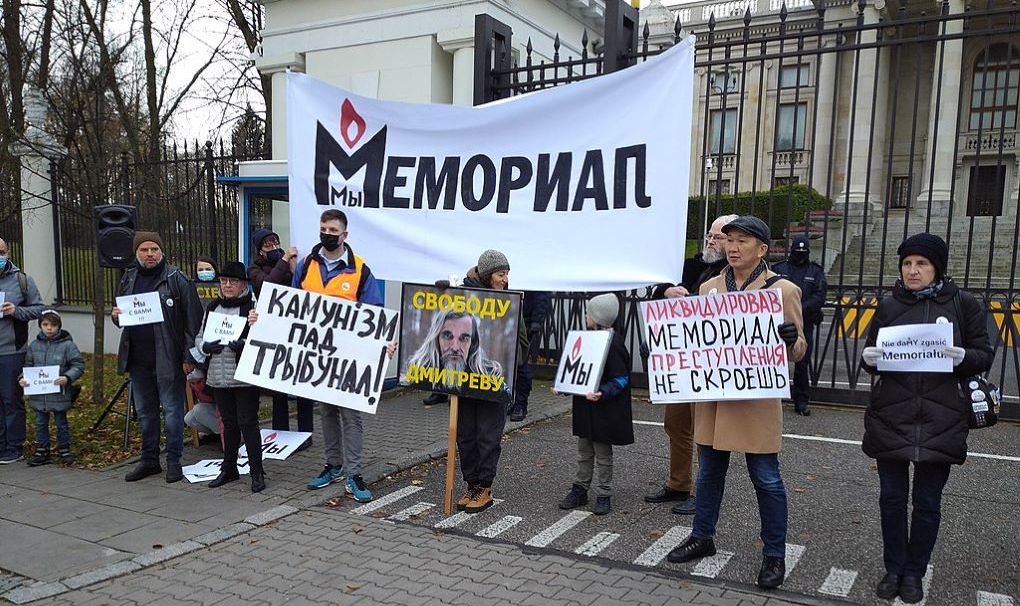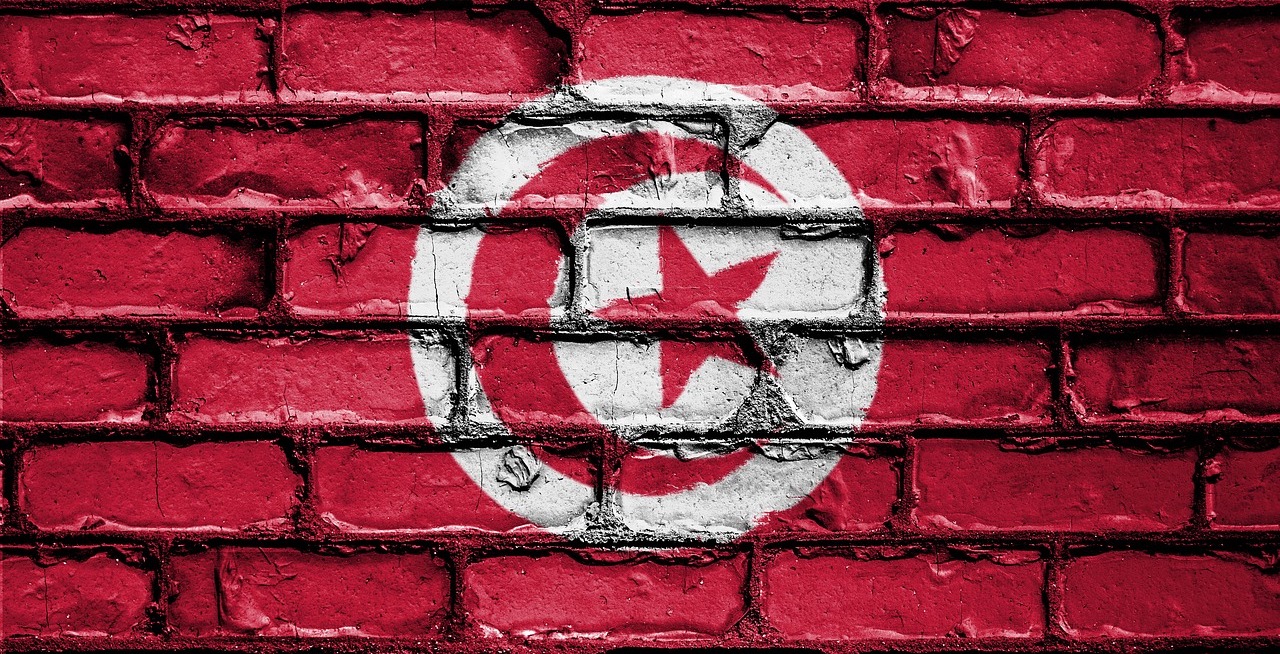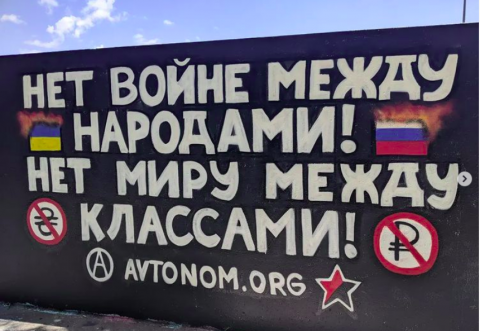
Russian anarchists call for anti-war resistance
As Putin finally ordered his forces across the Ukrainian border into the breakaway Donbas region, the Russian anarchist group Autonomous Action issued a statement to the world, entitled “Against annexations and imperial aggression.” It reads: “We urge you to counter the Kremlin’s aggression by any means you see fit. Against the seizure of territories under any pretext, against sending the Russian army to the Donbas, against militarization. And ultimately against the war. Take to the streets, spread the word… Do not be silent. Take action. Even a small screw can jam the gears of a death machine.” (Banner reads: “No war between peoples, no peace between classes.” Via Autonomous Action)



